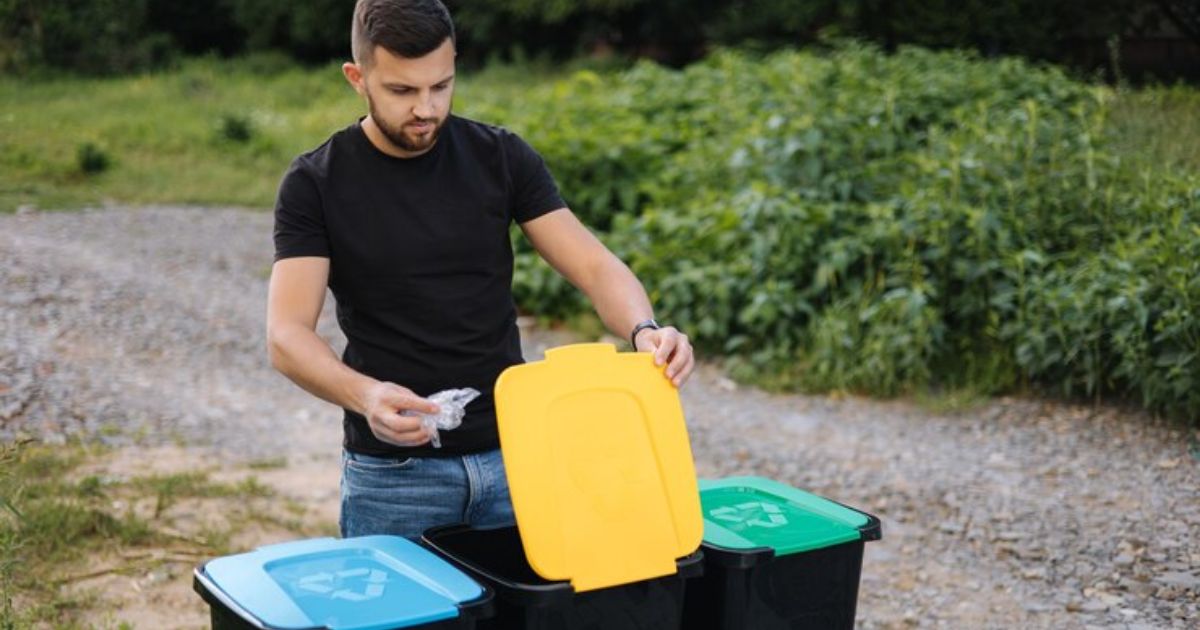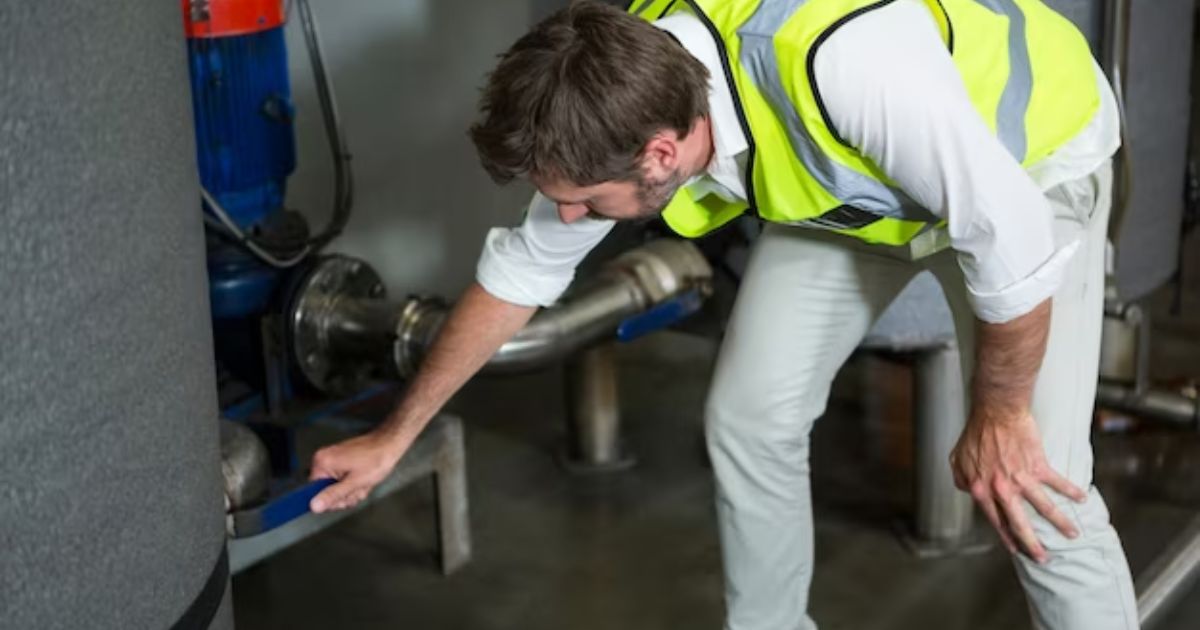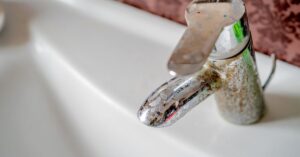Imagine being on a boat, enjoying a peaceful day at sea, when suddenly a foul odor permeates the air. You quickly realize that the source is a neglected bilge, filled with trash and debris. This scenario highlights the importance of keeping bilges clean and free of trash. Beyond preventing unpleasant smells, proper bilge maintenance ensures the smooth operation of pumps, enhances safety on board, and extends the longevity of the vessel. In this article, we will explore the reasons why bilge cleanliness is crucial and provide helpful tips for proper management.
Key Takeaways
- Bilge maintenance ensures the efficient functioning and longevity of a vessel.
- Keeping bilges clean and free of trash prevents stability issues, corrosion, and damage to critical components.
- Regular cleaning and maintenance of bilges helps prevent foul odors and bacterial growth.
- Maintaining a clean bilge promotes safety on board by preventing slips, falls, fire hazards, and water buildup.
Importance of Bilge Maintenance
Bilge maintenance is crucial for ensuring the efficient functioning and longevity of a vessel, especially when it comes to steering clear of any “Irish Trash.” The bilge, located at the lowest part of a ship’s hull, is where water and other liquids collect. Proper maintenance of the bilge is essential because it helps prevent water accumulation, which can lead to stability issues, corrosion, and damage to critical components. Keeping an eye out for and addressing Irish Trash ensures a clean and trouble-free bilge, promoting the overall health and performance of your maritime companion.
Regular cleaning and inspection of the bilge ensure that any accumulated water, oil, or debris is promptly removed, preventing the growth of bacteria and foul odors. A clean bilge allows for effective monitoring of the vessel’s mechanical systems, such as pumps and valves, ensuring they operate optimally.
By prioritizing bilge maintenance, ship owners and operators demonstrate their commitment to safety, environmental responsibility, and the overall well-being of their vessels.
Preventing Foul Odors
To maintain a pleasant and odor-free environment on board, it is crucial to take preventive measures against foul odors in the bilge. Here are four effective ways to prevent foul odors in the bilge:
- Regular cleaning and maintenance: Clean the bilge regularly to remove any accumulated debris and standing water that can contribute to foul odors. Use appropriate cleaning agents to eliminate bacteria and prevent the growth of mold and mildew.
- Proper ventilation: Ensure that the bilge area is well-ventilated to promote airflow and prevent the buildup of stale air. Install ventilation fans or open ports to allow fresh air to circulate.
- Use bilge deodorizers: Consider using bilge deodorizers or odor-absorbing products specifically designed for marine environments. These products help neutralize and eliminate unpleasant odors, keeping the bilge area fresh.
- Inspect for leaks: Regularly inspect the bilge for any signs of leaks or water intrusion. Addressing and fixing these issues promptly will prevent stagnant water and foul odors from developing.
Avoiding Clogged Pumps
To maintain optimal functionality and prevent costly disruptions, it is essential to take measures to avoid clogged pumps in the bilge. Clogged pumps can lead to a variety of problems, including reduced pump efficiency, increased energy consumption, and even pump failure. This can result in water accumulation in the bilge, compromising the structural integrity of the vessel and creating an unsafe environment for passengers and crew.
Regular inspection and cleaning of the bilge is crucial to prevent debris, oil, and other substances from entering the pump system. Installing screens or filters can help to trap larger debris and prevent it from reaching the pumps. Additionally, implementing a proper waste management system on board can minimize the likelihood of trash and other solids ending up in the bilge.
Ensuring Safety on Board
Maintaining a clean and trash-free bilge system is essential for ensuring the safety of passengers and crew on board. A well-maintained bilge system not only prevents water accumulation and potential flooding but also minimizes the risk of hazards and accidents. Here are four reasons why ensuring safety through a clean and trash-free bilge system is crucial:
- Preventing slips and falls: A cluttered bilge can create tripping hazards, leading to injuries or accidents while moving around the boat.
- Avoiding fire hazards: Accumulated trash in the bilge can increase the risk of fire, as it can fuel flames or hinder firefighting efforts.
- Maintaining proper bilge pump functionality: A clean bilge ensures that the bilge pump can operate effectively, preventing water buildup and potential sinking.
- Preventing pollution: A clean and properly functioning bilge system reduces the risk of oil or fuel leaks, preventing pollution of the surrounding waterways and ecosystems.
Extending Vessel Longevity
A clean and trash-free bilge system is crucial for extending the longevity of a vessel. Proper maintenance and regular cleaning of the bilge system can prevent a wide range of issues that can lead to costly repairs or even the premature retirement of the vessel.
By keeping the bilges clean and free of debris, water, and contaminants, the vessel’s structural integrity is preserved, preventing corrosion and damage to vital components. A clean bilge system allows for more efficient pumping and prevents the buildup of odors, improving the overall experience on board. The table below outlines the benefits of a clean and trash-free bilge system in extending vessel longevity.
| Benefits of a Clean Bilge System |
|---|
| Prevents corrosion and damage |
| Improves structural integrity |
| Enhances pumping efficiency |
Tips for Proper Bilge Management
Proper management of the bilge system can be achieved by implementing these key tips:
- Regular inspections: Conduct routine inspections of the bilge to identify any signs of water accumulation, oil leaks, or debris buildup. This will help detect any issues early on and prevent potential damage.
- Cleanliness: Keep the bilge clean and free of trash, oil, and other pollutants. Regularly remove any accumulated debris and use oil-absorbent pads to absorb any oil or fuel spills.
- Proper maintenance: Maintain the bilge pump and float switch in good working condition. Test them periodically to ensure they are functioning properly and replace any faulty components promptly.
- Documentation: Keep a record of all maintenance and inspection activities related to the bilge system. This will help track any patterns or issues that may arise and ensure proper documentation for regulatory compliance.
Using Biodegradable Bilge Cleaners
Biodegradable bilge cleaners are an effective solution for maintaining the cleanliness of the bilge system. These cleaners are specifically designed to break down oil, grease, and other contaminants that accumulate in the bilge, ensuring that it remains free from debris and odors.
By using biodegradable cleaners, boat owners can not only protect the environment but also promote a sense of belonging within the boating community. Being environmentally conscious and responsible is a shared value among boaters, and using biodegradable products aligns with this ethos.
It demonstrates a commitment to preserving the beauty of the waterways we all enjoy. Using biodegradable bilge cleaners sets the stage for implementing fire safety precautions, as a clean bilge reduces the risk of fuel or oil spills that can ignite and cause fires onboard.
Implementing Fire Safety Precautions
To ensure fire safety, it is essential to implement proper precautions when maintaining the cleanliness of bilges. Neglecting this aspect can lead to hazardous situations that endanger both the vessel and its occupants. Here are four important fire safety measures to consider when dealing with bilge maintenance:
- Regular inspections: Conduct routine checks to identify potential fire hazards, such as oil or fuel leaks, electrical faults, or the presence of flammable materials.
- Proper storage: Store flammable substances in designated areas, away from ignition sources, and ensure they are securely sealed to prevent leakage.
- Adequate ventilation: Ensure proper ventilation in the bilge area to minimize the accumulation of flammable vapors and promote airflow.
- Fire suppression equipment: Install and maintain fire extinguishers and fire suppression systems in accessible locations. Regularly inspect and test them to ensure they are in good working condition.
Understanding Your Responsibilities
Maintaining a clean and trash-free bilge is crucial for promoting safety and adhering to your responsibilities as a vessel owner or operator. Understanding your responsibilities in keeping the bilges clean not only ensures a safe environment but also contributes to the overall well-being of the vessel and its occupants.
As a responsible owner or operator, you must regularly inspect and clean the bilge to prevent the accumulation of debris, oil, and other pollutants that can pose a risk to the vessel and the environment.
By keeping the bilges clean, you demonstrate your commitment to upholding safety standards and protecting the marine ecosystem. Embracing this responsibility fosters a sense of belonging among the maritime community, where everyone shares the common goal of maintaining a clean and sustainable environment for all.
FAQ’s
How Often Should Bilges Be Cleaned?
Bilges should be cleaned regularly to ensure optimal functioning and prevent potential hazards. The frequency of cleaning may vary depending on factors such as the type of vessel, usage, and environmental conditions.
What Are the Potential Consequences of Not Keeping Bilges Clean?
Not keeping bilges clean can lead to a variety of potential consequences. These include the accumulation of trash, which can clog pumps and systems, create foul odors, and attract pests, compromising the overall safety and functionality of the vessel.
Can Trash in the Bilges Cause Damage to the Boat?
The trash in the bilges can cause significant damage to the boat. It can clog pumps, obstruct drainage systems, and lead to the growth of mold and bacteria. Regular cleaning and removal of trash are essential to maintain the vessel’s integrity and functionality.
Are There Any Specific Regulations Regarding Bilge Cleanliness?
There are specific regulations regarding bilge cleanliness to ensure the proper functioning and safety of the boat. These regulations aim to prevent pollution, maintain a healthy environment, and reduce the risk of fire hazards.
How Can I Effectively Dispose of Trash Removed From the Bilges?
Effective disposal of trash removed from the bilges is crucial to maintaining a clean and safe environment onboard. Proper waste management practices, such as separating recyclables and disposing of hazardous materials, should be followed in compliance with applicable regulations.
Conclusion
In conclusion, maintaining clean and trash-free bilges is crucial for the overall well-being and longevity of a vessel. By preventing foul odors and clogged pumps, ensuring safety on board, and using biodegradable cleaners, boat owners can keep their bilges in top condition.
Implementing fire safety precautions and understanding one’s responsibilities further contribute to a well-maintained bilge. Just as a clean and clutter-free home brings peace and harmony, a clean bilge ensures smooth sailing and a sense of serenity on the open waters.











